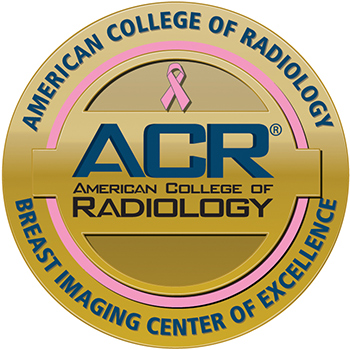Early Detection at the Advanced Breast Center
 At the Advanced Breast Center at Wellington Regional, people have the benefit of excellent early detection and treatment options. The expertise, technology and range of services help ensure high quality care. The mission is to provide comprehensive care to women with benign and malignant breast disease using an interdisciplinary approach, to provide high-quality patient care and health promotion.
At the Advanced Breast Center at Wellington Regional, people have the benefit of excellent early detection and treatment options. The expertise, technology and range of services help ensure high quality care. The mission is to provide comprehensive care to women with benign and malignant breast disease using an interdisciplinary approach, to provide high-quality patient care and health promotion.
The staff works closely in consultation and collaboration with radiology, medical oncology, radiation oncology, pathology and cytology to provide a personalized comprehensive care plan to meet the patient's needs. The elegantly designed rooms offer privacy and comfort.
Schedule an appointment
For more information or to set an appointment, call the Advanced Breast Center at Wellington Regional, 561-798-8513.

The Advanced Breast Center at Wellington Regional is fully accredited by the American College of Radiology (ACR) and The Joint Commission and certified by the FDA. The hospital has also been designated a Breast Imaging Center of Excellence by the ACR. All radiologists are board certified or board eligible by the ACR.
Services Provided
- SAVI SCOUT® — a wire-free surgical guidance system that refines tumor localization for lumpectomy and excisional biopsy
- Intra-Operative Radiation Therapy (IORT) — just one treatment of radiation at the time of surgery
- Diagnostic mammography
- Screening mammography
- 3D mammography
- Breast ultrasound
- Computer-aided detection (CAD)
- Galactography
- Minimally invasive breast biopsy, including stereotactic-guided, ultrasound-guided and MR-guided
- Breast MRI
In addition to diagnosis and treatment, the Advanced Breast Center at Wellington Regional offers education and support to the patient and family.
Learn about breast care services
Early detection tips from Wellington Regional
Pay attention to these breast cancer warning signs:
- A lump or thickening in the breast or under the arm
- A change in the size or shape of the breast
- Discharge from the nipple
- A change in the color or feel of the skin of the breast or nipple area (such as dimpling, puckering or scaliness)
Just 10 minutes a month could save your life. When breast cancer is found and treated early before it has spread beyond the breast, the 5-year survival rate can be as high as 90 percent. A mammogram can detect a lump up to two years before it can be felt. If breast cancer is detected early, most cases can be treated successfully.
Let's take a total approach in detecting breast cancer, including:
- Regular breast self-examination
- Annual screening mammogram beginning at age 40. Women with higher than average risk for breast cancer should seek expert medical advice about beginning screening before age 40
- Annual clinical breast exams
- Treatment and support: knowing your options and getting the right help once breast cancer is diagnosed
